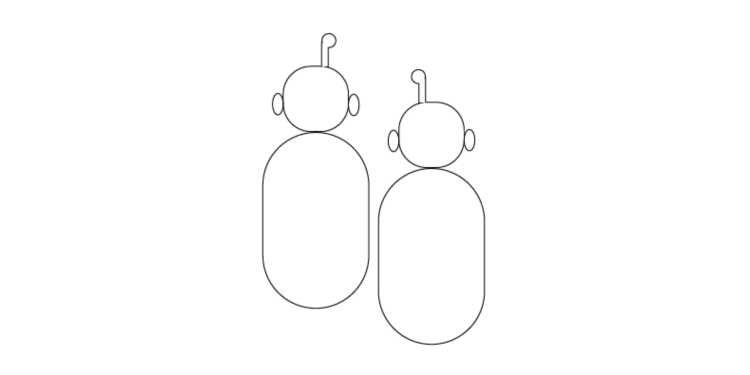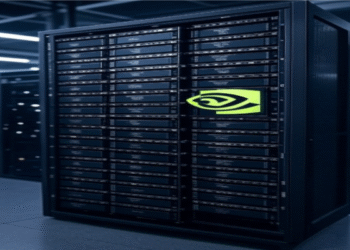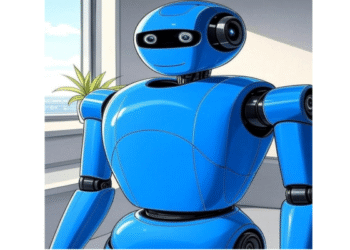Will AI take my job? How can we protect ourselves from artificial intelligence? What jobs will AI replace? What jobs will still be relevant by 2030?
These are just a few questions people ask about artificial intelligence. The fear and panic are real. Well, the answer to some of these questions is “yes,” while for others, it’s not so simple. It’s a forked reality riddled with even more questions.
Yes. The machines are waking up. Don’t worry—we still have a long way to go before the Sarah Connor Chronicles play out or the Decepticons decide we’re standing in their way. I know the word “AI” immediately conjures images of gloom and doom for many. Let’s lighten things up a bit.
You’ve probably seen or read the plethora of online opinions and counter-opinions about the rise of AI (particularly the reigning king, ChatGPT) and the amazing things it can do, as well as how it will change our work lives, social lives, and industries. Well, here’s something to confirm what you may already suspect: AI will only get smarter. Ta-da.
Only two choices present themselves: wake up and learn to integrate AI into your workflow, or figure out how to outsmart the machines. We’ll get to the morality of these tools later. But as previously mentioned, this isn’t about AI’s morality or whether it will take your job. This is about preparation. AI is already taking jobs. Picture a scene from a post-apocalyptic movie directed by Michael Bay, where the Autobots are still on our side for now. Whether that’s good or bad depends on your perspective. The real worry begins when the Decepticons join the scene.
Think about When the Yogurt Took Over from Love, Death + Robots (Season 1, Episode 6). It subtly highlights our deepest flaw: overdependence on little machines. John Scalzi’s decision to reimagine the machines without bodies, perhaps to avoid the Terminator vibe, made the message clear: AI will get smarter and may one day outsmart us.
But I digress. So, how do you beat the machines?
How to Prevent Artificial Intelligence from Taking Your Job
If you’re wondering what to do to protect your job from AI, the answer is simple: Do what the machines can’t do.
How do you outpace a machine that’s going to become a million times faster and smarter than you? Again, the answer is the same: learn to do what AI can’t. If you’re stuck, think of it this way: for now, AI can’t cook. Not everyone will want to be a chef, and not everyone will trust or enjoy eating food prepared by AI. But you get the idea. There are countless things that still require the human touch. Even if AI starts doing some of these tasks in the future, people—being people—will eventually crave the authenticity of something touched by human hands.
Here’s another example:
As more AI tools flood the market, human skills will become increasingly valuable. Why? The simple law of diminishing returns. For instance, after being bombarded with AI-generated art, people will inevitably begin to appreciate the brushstrokes of a flawed human artist creating imperfect lines on a canvas. The abundance of AI may reduce demand for AI-generated work, while the scarcity of human-made creations will make them more desirable.
So, gravitate toward jobs AI can’t do. In my next piece, I’ll dive deeper into the kinds of jobs AI can’t replace and how to pivot toward them while there’s still time.
Conclusion
AI is here to stay, poised to enhance nearly everything—or at least try. While many scientists and thought leaders have warned of the potential dangers of advancing AI, for now, it’s a tool meant to aid humanity.
For those worried about their jobs, here’s the takeaway: do what AI cannot do. You’ll be fine. I’ll leave you with this quote from Stephen Hawking on AI:
“Already, we have concerns that clever machines will be increasingly capable of undertaking work currently done by humans and swiftly destroying millions of jobs. AI could develop a will of its own, a will that is in conflict with ours and which could destroy us… In short, the rise of powerful AI will be either the best or the worst thing ever to happen to humanity.”














